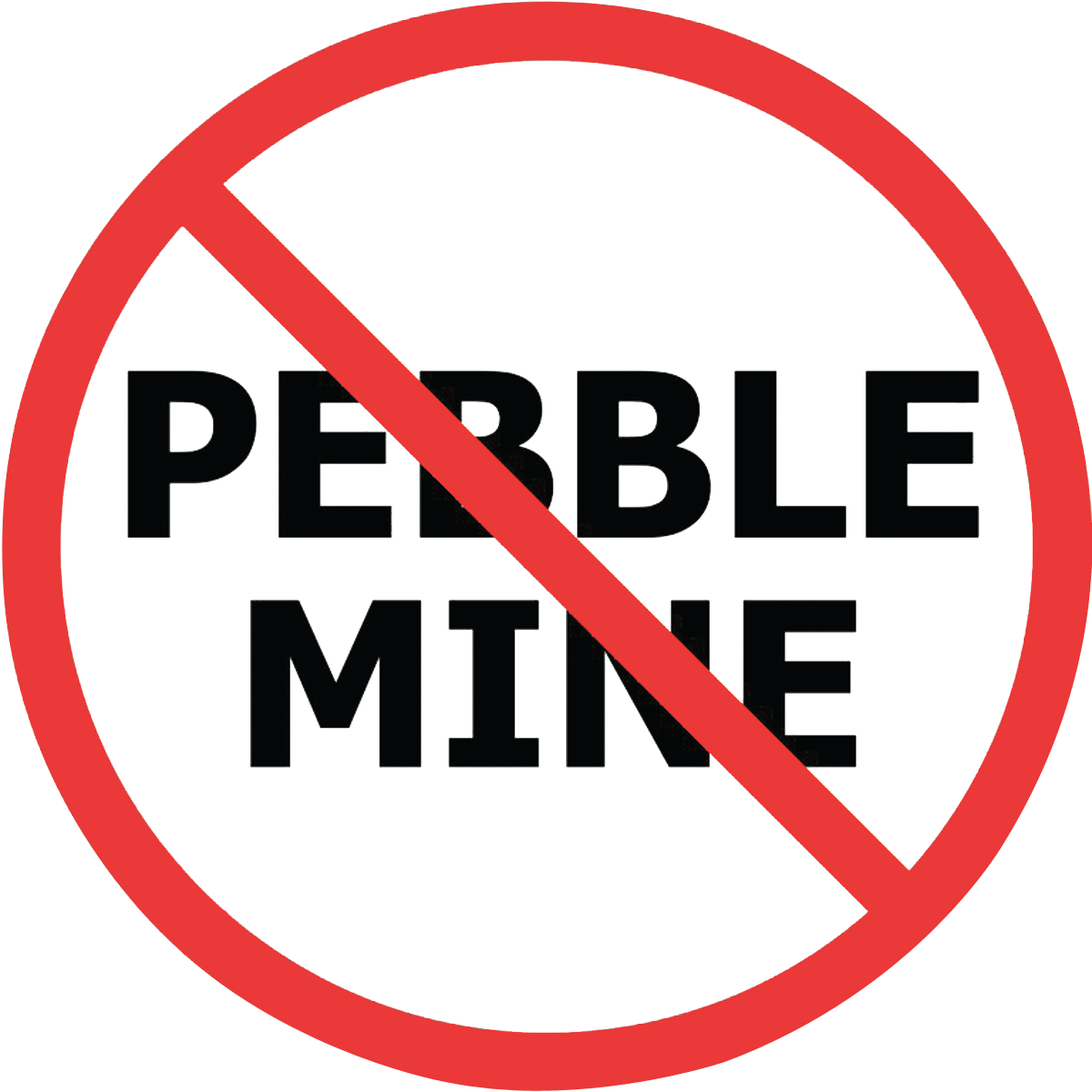Today, former Alaska Senate President Rick Halford testified in front of the Science, Space and Technology Committee concerning a report Pebble commissioned from the Cohen Group. There was a great deal of misinformation spoken during the hearing and we are glad to have someone there to speak the truth.
Pebble's expensive deception campaign explained
Pebble Mine: A Decade of Deception
Katherine Carscallen: Reflection on the President's visit to Dillingham
Lindsey Bloom: Reflection on the President's visit to Dillingham
For President Obama his visit to Dillingham was another day on the job of leading the free world. It fit right into his job description of staying up to speed and making decisions on the most pressing issues, concerns and opportunities for American people. For those of us who fish salmon in Alaska and the residents of the Bristol Bay watershed, the President’s visit was nothing less than extraordinary!
Tim Bristol: Reflection on the President's visit to Dillingham
’s not out of the ordinary, the Dillingham flight back to Anchorage canceled. This time it turned out to be an unexpected source of pleasure, an opportunity to reflect on the incredible events of the previous 24 hours. Life happens fast. The fishing seasons pile up. The purpose of meetings are blurred by time, words scribbled in a notebook. The latest event or front page story quickly becoming yesterday’s news. Yes, getting another “day in the Bay” was a gift.
Alannah Hurley: Reflection on the President's visit to Dillingham
Words escape me in times of overwhelming emotion and gratitude. The reality that the President of the United States visited our home and experienced the land our ancestors entrusted to us – is still sinking in. He didn't just "visit" like you would think the leader of the free world would "visit" a place. Barack Obama had a, “pick our fish, eat our food, and yuraq with our kids” kind of visit.
Nelli Williams: Reflection on the President's visit to Dillingham
Reflections on the President's visit to Bristol Bay
What do YOU want to tell the President about Bristol Bay?
What would you want to say to the President about Pebble mine?
The President may be coming to Bristol Bay next month and he needs to hear what YOU think about Pebble mine.
Now is the chance to make your voice heard and help demonstrate that Bristol Bay residents, fishermen, tribes, businesses and next generations who depend on healthy water and salmon want it to stay that way.
Wanted: Communications + PR Intern
Trout Unlimited’s Alaska Program is seeking a part-time Communications intern who will use his or her skills to help protect Alaska’s salmon and trout rivers.
As a member of the organization’s communications team, you’ll be charged with assisting in promoting the organization, our campaign work and events both in traditional and social media.












